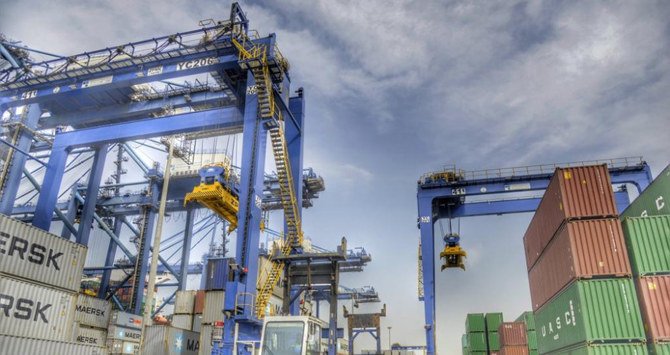
- ARAB NEWS
- 19 Apr 2024

Hebshi Alshammari
RIYADH: The Saudi Export Development Authority will launch a “Made in Saudi” initiative in the first quarter of 2021 to accelerate the industrialization process and transform the Kingdom into “a global industrial destination.”
As part of the program, Saudi Arabia will set out to create a unified brand identity for Saudi products and services in regional and global markets.
Saleh Al-Solami, secretary-general of the authority, said the program will help boost the image of Saudi products and services.
He said it seeks to achieve the goals outlined in the National Industrial Development and Logistics Program.
The “Made in Saudi” program will provide attractive membership schemes for local companies that meet eligibility criteria. Members will be given fast-tracked access to promotional opportunities together with incentives in partnership with public and private sectors.
Member companies also will be eligible to use the “Made in Saudi” marque on their products to support growth and expansion in target markets.
Dr. Abdul Aziz I. Daghistani, an economics expert and chairman of the Riyadh-based Economic Studies House, told Arab News that good quality and competitive prices were the key to success.
“Saudi Arabia is an active member of the global economy and a key oil exporter that (helps) balance the oil market,” he said.
Daghistani said the Kingdom is now working to diversify its economy by encouraging programs to increase exports of goods and services other than oil and related products.
“The ‘Made in Saudi’ program will help take Saudi exports to the next level,” the expert said.
In addition to its mandate to promote national industries and production across the value chain, the program will play a key role in positioning the Kingdom to be at the forefront of the global industrial landscape.
Under the Vision 2030 reform plan, the Kingdom aims to boost its non-oil exports to 50 percent by 2030.
Dr. Hassan M. Somili, a marketing expert, told Arab News that the perception of a country and the quality of its services also played a key role in global markets.
“That is why countries should work to improve the reputation of their products,” he said.
Somili said a strict legal framework to maintain quality and standard of products goes a long way to helping countries promote products effectively on global markets.
The success of the “Made in Saudi” program depends not only on the authorities but also traders and exporters who must ensure the quality of services and products meets international expectations, he said.